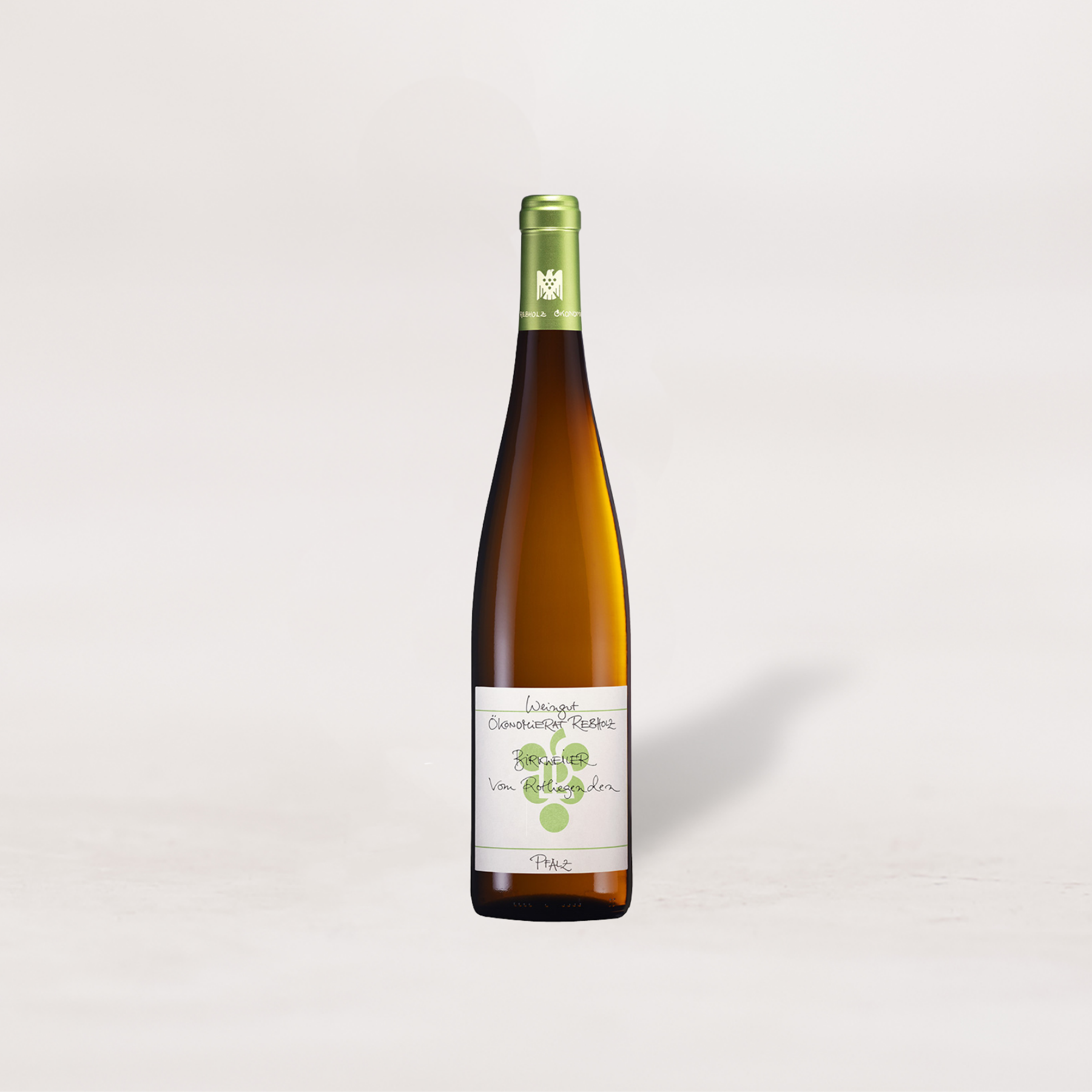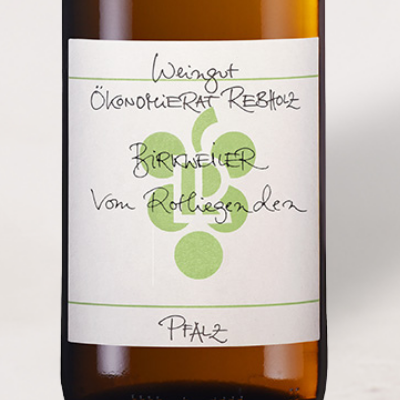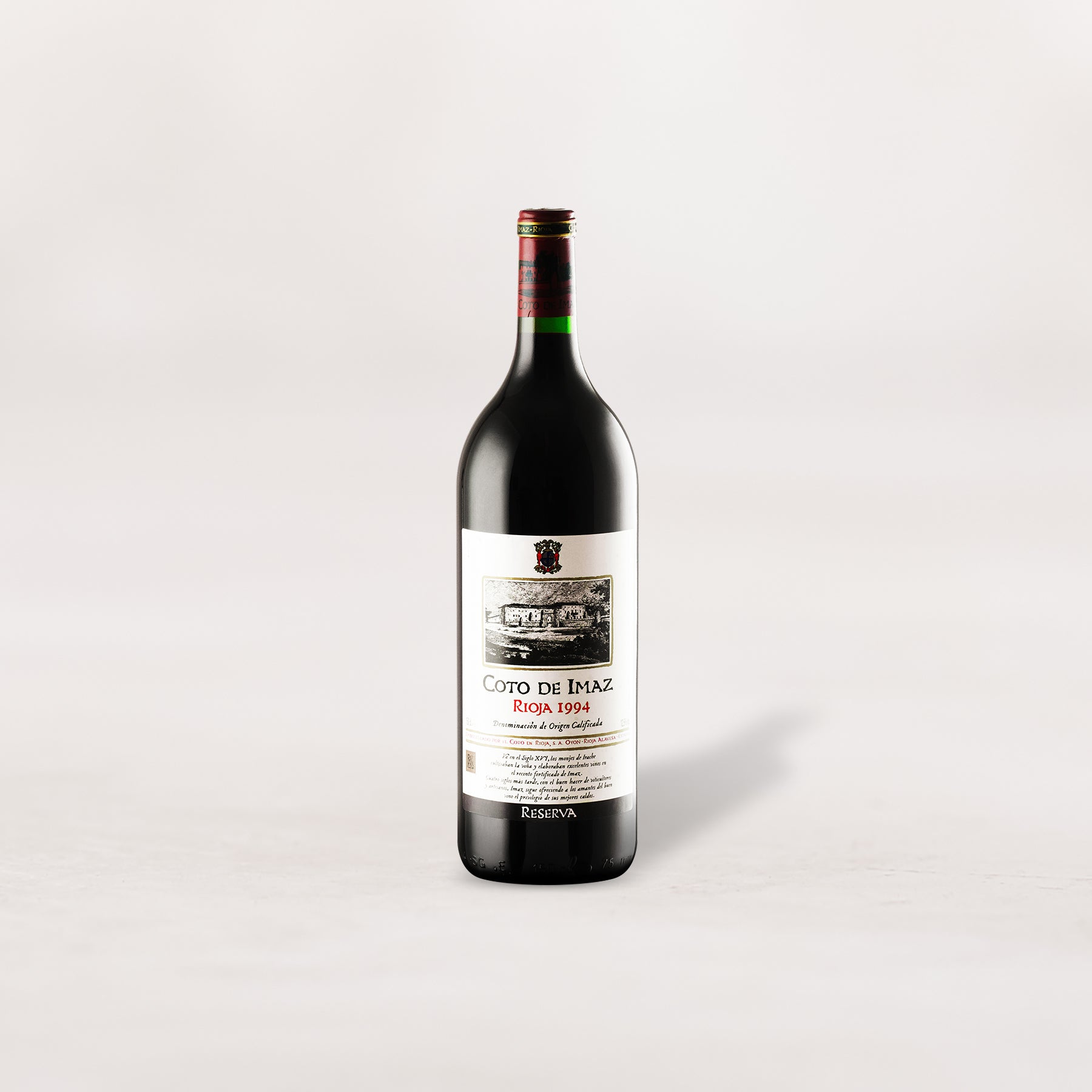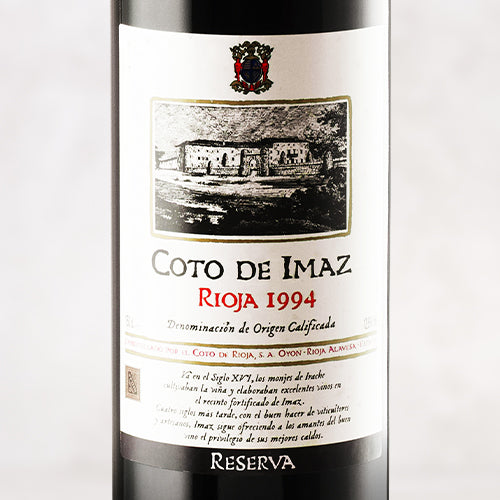Fruit
Earth
Body
Tannin
Acid
Alcohol
Daily Discovery
A Case at Your Pace is a one-of-a-kind subscription service that allows you the freedom to explore our expansive wine selection and consolidate your orders into a custom case over time.
View all
Daily Discovery
Quick view


Daily Discovery
Quick view


Daily Discovery
Quick view


Daily Discovery
Quick view





